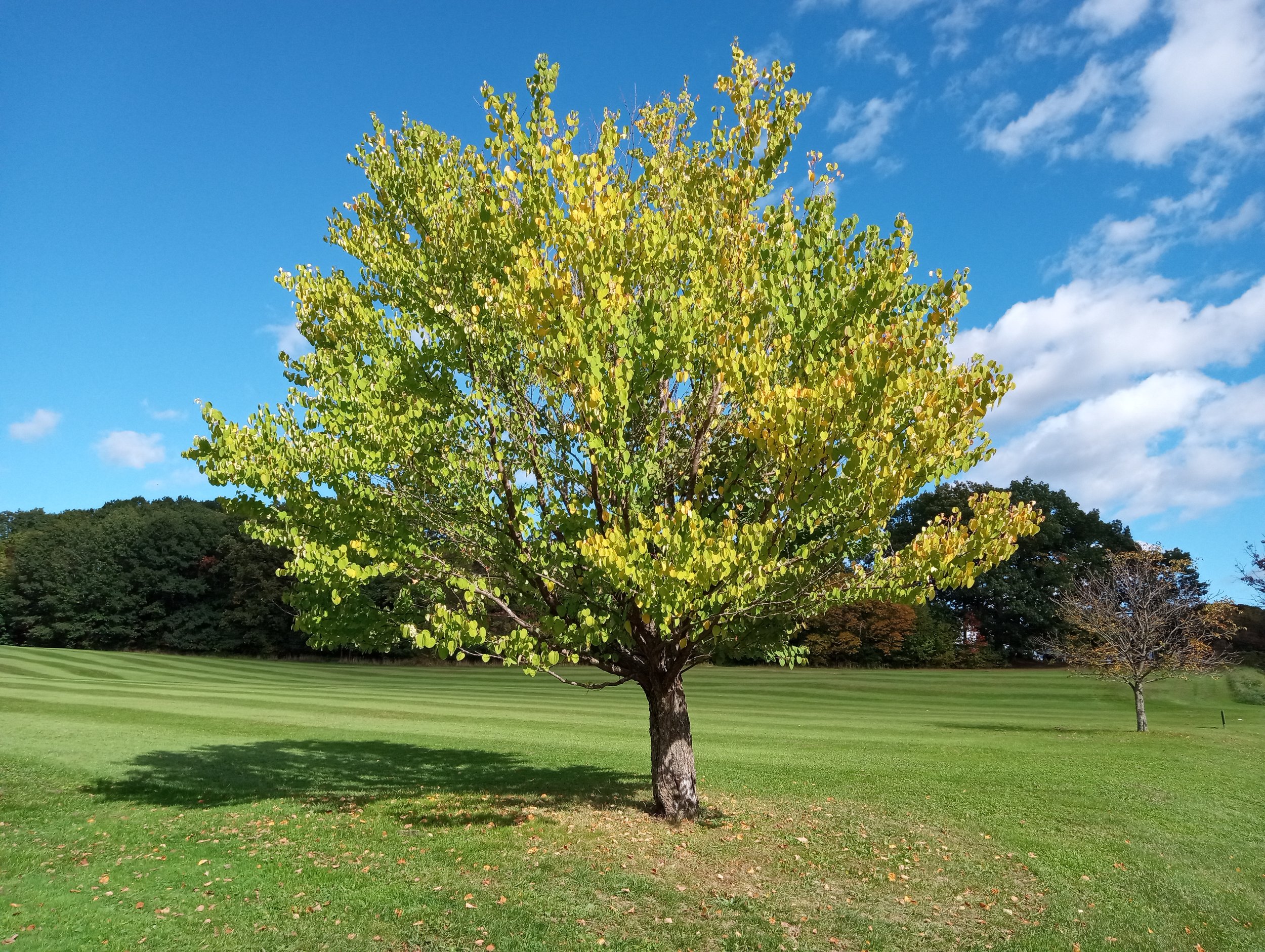How I Left Academia (and Survived!)
As I’ve reached out to friends and colleagues over the past months to tell them about my developmental editing business, many have asked me about how and why I left academia. Some are just curious, but many, including some of my clients, have shared that they are thinking about doing the same thing. As I was making the decision to leave, I found many blogs and articles about what PhDs were doing after leaving academia, but not as many about their experiences of leaving. So for this blog, I thought I’d share my story. In other blog posts, I share tips on how to figure out if you actually want to leave academia as well as some concrete steps you can take when planning an exit to prepare you for life outside of the academy.
I started in a tenure track position at a small regional liberal arts school in 2014. I was excited about the job. I’d consciously decided that I wanted to be at a school where teaching mattered since I wanted to avoid an environment where I felt a lot of pressure to do research (I later learned that most academics feel pressure to do research, no matter what kind of school they are at). I wanted a place where relationships with students mattered, where I could know most of my colleagues, and where I would have the opportunities to focus on service activities that interested me.
During my seven years at my institution, I managed to do most of those things. I taught interesting classes, including some I created myself (Clothing and Culture!). I developed deep relationships with really wonderful students who taught me a lot about what it is like to be a young person today as well as the pressures that many young people face (caring for relatives, working long hours, struggling with mental health, etc.). I engaged in various service activities across campus, including helping to establish and then direct a Peace Corps Prep program (I had served in the Peace Corps myself). And I maintained an active research agenda, publishing a book and several peer-reviewed articles as well as other publications.
I did it all and I did it fairly well, but I wasn’t happy. As the years passed, I found myself waking up in the night feeling anxious and unable to sleep. This often happened several nights a week. Sometimes during the day I had trouble thinking of anything other than work, even in my time off. I had a hard time enjoying my accomplishments and felt worried about cranking out the next publication. I suffered from imposter syndrome, especially at conferences when it looked like everyone else was having the time of their lives and meeting amazing colleagues. I felt overwhelmed by my ever-growing service load and frustrated with how service was unequally distributed among faculty. I felt drained by my classes, even when they went well. I found the intensity of battles around general education revisions and other curricular matters exhausting, and had a hard time putting them aside after leaving the office. I found the pressure to be an excellent teacher and scholar difficult, especially when the guidelines for what counted as “excellent” were often opaque. I didn’t like the unspoken expectation that we should work long hours or that working in the evenings and weekends was normalized.
I started therapy in 2019 to help manage my work-related anxiety and to try to figure out what I wanted to do about my job. I now read that above paragraph and it seems obvious to me that I probably should have left academia even earlier. But that’s not how it felt at the time. For one, so many people I knew in academia felt similarly (if perhaps not so intensely) so I think this shared stress felt normalized in a way that made it hard to identify as harmful. Maybe this was how I was supposed to be feeling? Even more importantly, I’d been working on my PhD since 2007. This was my dream! I was lucky enough to land a tenure-track job, something that I didn’t take for granted being married to someone who was managing various contingent positions.
I had also been taught, as many of us are, that a tenure-track position is the best thing that could happen to me and that any other path outside of academia might risk leading to misery and despair. This message felt really, really real to me and made it hard to see that my own misery and despair might be caused by my work. I very deeply identified with my job as a professor and saw it as, at least to some extent, a calling. I worried that I wouldn’t be able to find another job outside of the academy. I worried that people wouldn’t value me in the same way. I worried that I wouldn’t matter anymore. Finally, I was close to getting tenure (which I received later that year) and I wondered if things might improve after that.
I stayed.
Then in the fall of 2020, during my sabbatical, the administration at my university announced that they would be laying off over 20 percent of the faculty, a story that was not unique to my institution. A significant portion of the staff had already been laid off and other faculty layoffs had also happened several years earlier. As an anthropologist, a discipline that is routinely targeted in cuts at least in the United States, I knew the odds that I would be cut were high. Furthermore, within programs, cuts would be made based on seniority, regardless of tenure status. I was one of two junior people in my department. My husband, who was in a contingent position at the same school, also knew he would likely be cut. I don’t exactly remember our conversations at the time, but we quickly agreed that we needed to get out.
So we did.
For him, this meant frantically applying to other academic jobs and—very, very luckily for us—getting one. I didn’t apply for a single academic job. The thought of pulling together a teaching portfolio or polishing up my research statement made me cringe. I literally couldn’t do it.
And, so, I left academia.
My therapist at the time called this a “choice/not choice.” I chose to take a voluntary separation package and to walk away from my institution. But I knew if I hadn’t taken this, I very likely would have been cut, no matter how hard I fought to stay.
At the time, it was a difficult choice/not choice. I was heartsick about giving up this career path. I worried about my identity: who was I, if I wasn’t a professor? I worried about my future: what would I do and would I be able to find a career that felt meaningful to me? I felt angry that so many talented staff and faculty were let go. I felt sadness at leaving this path behind. But I still couldn’t write an academic cover letter or actively pursue academic positions. I now think this inability was really my way of making a choice to leave. But, even as I did so, I still found myself picturing the libraries I’d worked at in grad school—watching my younger self at the Fine Arts library with its good light and large books—and wondering how I’d feel then if I knew that this was the end of the road.
And then it wasn’t the end of the road.
As the months passed and I worked through my anger and sadness and loss and maybe even grief, life continued. As I researched other career paths, I realized that I had gained many skills through this profession that could easily translate into any number of careers (that’s true for all of you with PhDs!). I pretty quickly realized that developmental editing was something that I’d been doing for years and that I could turn this into a career that I could maybe even love. I learned that leaving academia didn’t mean that I was giving up all the experiences I’d had there or the things I’d learned that made me, me; I was still a mentor, scholar, thinker, etc. I learned that outside of academia most people saw being a professor as just a job and didn’t find it strange at all that I was changing career paths. They were even excited for me! And most people in academia were supportive about this change as well, even loving. I learned that change is possible.
My husband tells me that I seem lighter these days, happier, less burdened by worry. I feel excited to learn more about what lies ahead.
If you are in academia and you feel some of the ways that I did above, I want you to know that you aren’t alone. Many, many people struggle in this profession. It doesn’t mean you should leave or that you might want to, but rather that there are structural aspects of this career that make it difficult for many. Some of these things make it even harder for people of color and women. Again, I’ll write more in future blogs about ways to cope with these feelings and to try to improve how you feel in your job. Before then, feel free to reach out if you want to talk. And, if you aren’t already, you might consider therapy. It really helped me to manage my mental health, get through these challenges, and figure out what I wanted. You can find therapists in your area here.






























